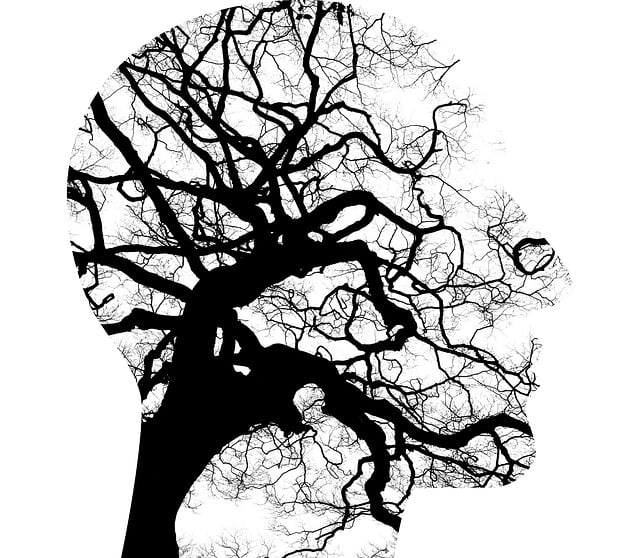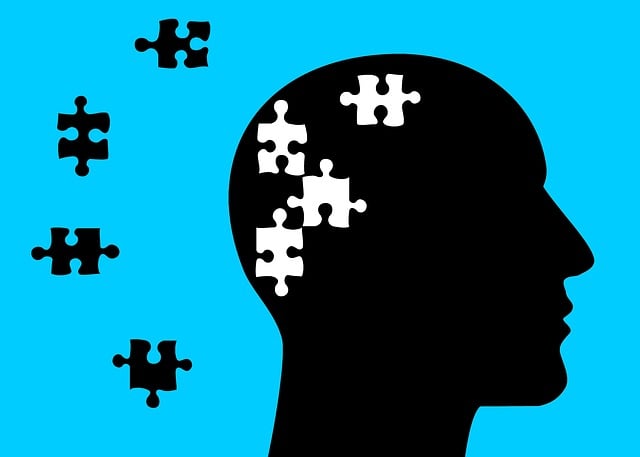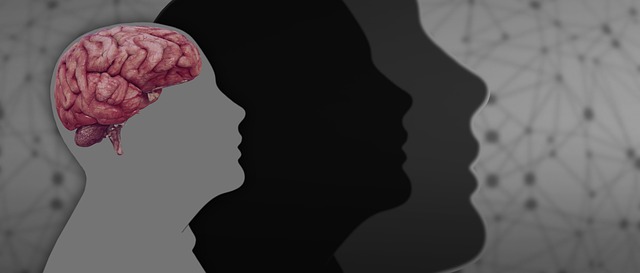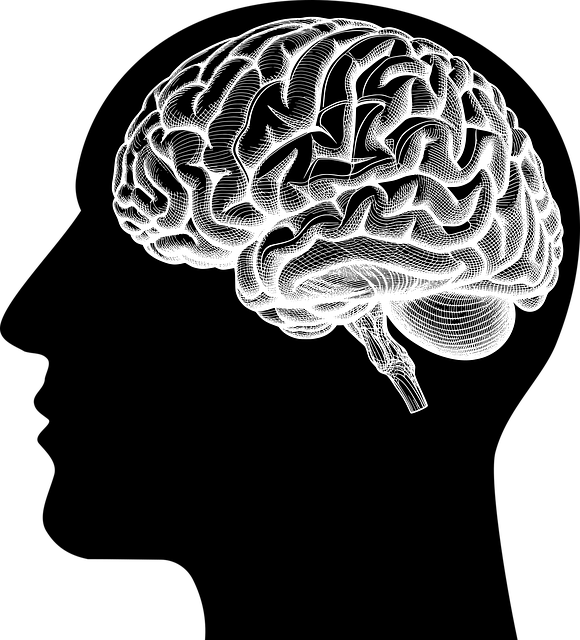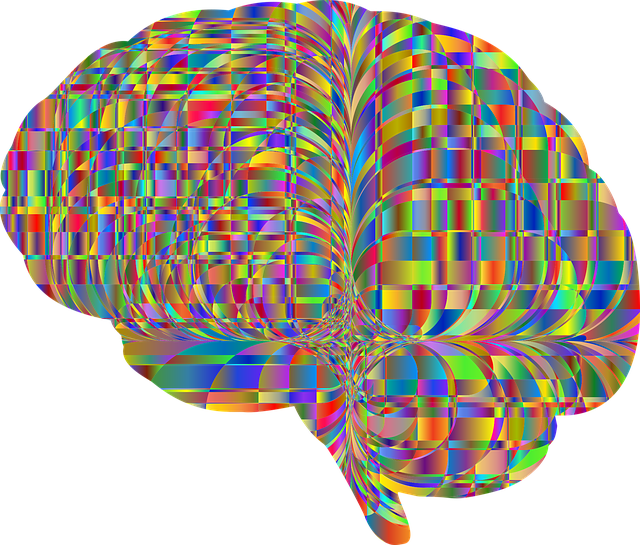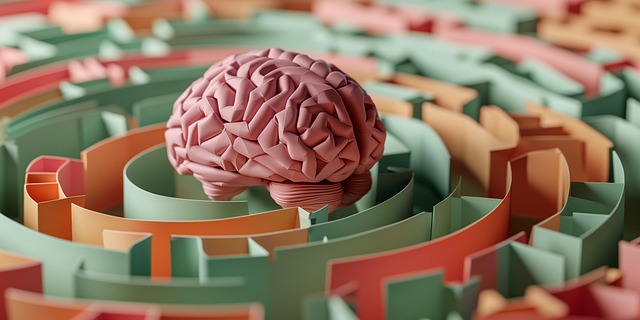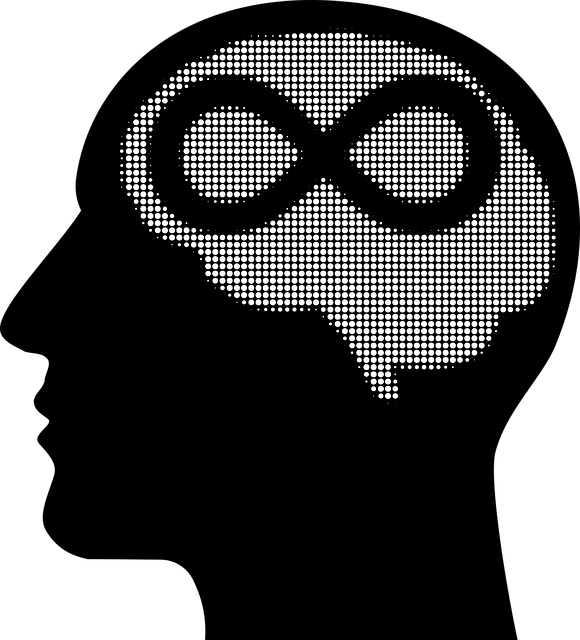Children with learning disabilities often face unique mental wellness challenges that traditional therapy may not address effectively. Mental wellness coaching programs tailored for these kids focus on life skills, stress management (like mindfulness), and cognitive-behavioral techniques to improve emotional regulation and resilience. These programs incorporate risk management planning, cultural sensitivity, and age-appropriate methods to cater to diverse needs. Holistic evaluation using quantitative and qualitative data ensures their effectiveness in fostering resilience and mitigating burnout, ultimately enhancing the well-being of children with learning disabilities through tailored therapy for children with learning disabilities.
Mental wellness coaching programs are gaining traction as a powerful tool to support children with learning disabilities. This article delves into the development and implementation of such programs, focusing on their potential to improve mental health outcomes for this vulnerable population. We explore the unique needs of children with learning disabilities in therapy, design effective coaching strategies, and discuss personalization across varying ages and requirements. Additionally, we delve into measuring success through impact evaluation metrics.
- Understanding the Need for Mental Wellness Coaching in Children with Learning Disabilities
- Designing Effective Coaching Programs: Key Components and Strategies
- Implementing and Personalizing Coaching Interventions for Different Ages and Needs
- Measuring Success: Evaluating the Impact of Mental Wellness Coaching on Child Development
Understanding the Need for Mental Wellness Coaching in Children with Learning Disabilities

Children with learning disabilities often face unique challenges that can impact their mental wellness and overall well-being. Traditional therapy approaches may not always effectively address the specific needs of these individuals, leading to a growing recognition of the importance of tailored coaching programs. Mental wellness coaching for kids with learning disabilities is a specialized field focusing on empowering them to develop essential life skills and cope with the challenges they encounter in their daily lives.
This approach aims to enhance their emotional regulation abilities, teaching them strategies to manage stress, anxiety, and frustration. By incorporating techniques such as mindfulness meditation, these programs help children gain better control over their emotions and improve their overall mental resilience. Additionally, risk management planning is a crucial aspect of coaching, equipping mental health professionals with tools to proactively identify and mitigate potential risks associated with learning disabilities, ensuring the safety and well-being of the children in their care.
Designing Effective Coaching Programs: Key Components and Strategies

Designing effective coaching programs for mental wellness involves integrating key components that cater to diverse needs. These programs should encompass a holistic approach, combining individual therapy with group support sessions, especially tailored for children with learning disabilities. By incorporating strategies such as cognitive-behavioral techniques and mindfulness practices, coaches can create safe spaces for participants to develop coping mechanisms and build resilience.
Cultural sensitivity in mental healthcare practice is another vital aspect. Mental health education programs should design inclusive content that respects and incorporates diverse cultural beliefs and values. This ensures that the coaching methods are accessible and effective for all, fostering an environment where individuals feel understood and empowered to prioritize their mental well-being. Additionally, advocating for mental health policy analysis can further enhance these programs by ensuring they align with current research and community needs, especially in addressing learning disabilities within educational settings.
Implementing and Personalizing Coaching Interventions for Different Ages and Needs

Implementing coaching interventions tailored to different ages and needs is a pivotal aspect of mental wellness coaching programs development. Young individuals, for instance, may benefit from cognitive-behavioral techniques to manage anxiety, while older adults could require more supportive approaches focusing on stress reduction. Personalizing these strategies recognizes that mental illness affects people across the lifespan and with diverse experiences and challenges.
This individualized approach is particularly crucial when addressing specific populations such as children with learning disabilities. Therapy for Children Learning Disability requires adaptations to cater to their unique cognitive profiles, ensuring that interventions are accessible and effective. By incorporating age-appropriate methods, mental illness stigma reduction efforts can be more inclusive and successful, fostering a sense of belonging and encouraging proactive mental health management from an early age.
Measuring Success: Evaluating the Impact of Mental Wellness Coaching on Child Development

Evaluating the impact of mental wellness coaching on child development is a multifaceted process that goes beyond mere self-reporting. Effective measurement strategies should incorporate both quantitative and qualitative assessments to capture changes in emotional, behavioral, and cognitive domains. Standardized assessment tools tailored for children with learning disabilities can help track progress over time, offering insights into areas such as anxiety levels, academic performance, and social interactions. Additionally, parental feedback and teacher observations provide valuable external perspectives on a child’s development.
By integrating these diverse data sources, mental wellness coaching programs can demonstrate their effectiveness in fostering resilience, mitigating burnout prevention strategies for healthcare providers, and advocating for positive mental health policies. This holistic evaluation approach not only ensures accountability but also guides program improvements, ultimately enhancing the overall well-being of children with learning disabilities and promoting successful navigation through life’s challenges.
Mental wellness coaching programs offer a promising approach to supporting children with learning disabilities, addressing their unique challenges and fostering resilience. By incorporating key components such as structured goals, evidence-based strategies, and personalized interventions, coaches can create an environment that promotes growth and development. Evaluating the impact through rigorous measurement tools ensures these programs are effective in enhancing academic performance and overall well-being, providing a valuable alternative or complement to traditional therapy for children with learning disabilities.
